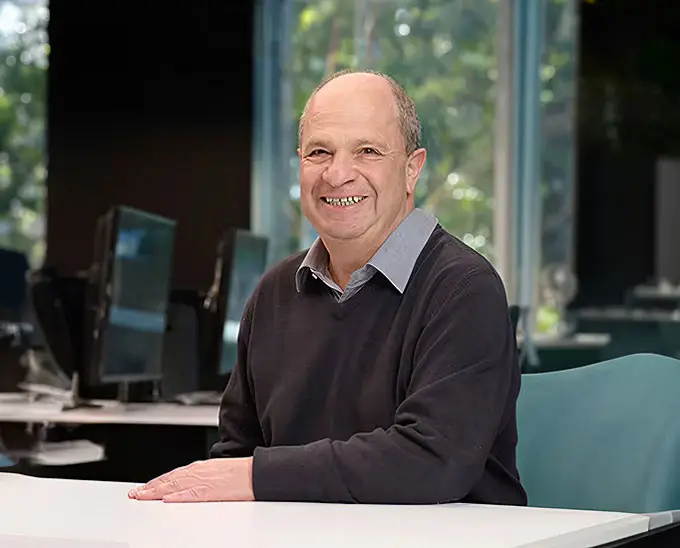The role of emotions in professional development is too frequently neglected. Yet emotions are not secondary—they are foundational. They shape our capacity to act with confidence, to see what is and is not important, to integrate perspective and action, to remain composed in uncertainty, and to respond wisely to the complexity and surprise that often characterise professional life. Emotional wisdom enables us to put things in perspective and to respond rather than react. Without it, even technical expertise can become ineffective in the face of real-world situations. Emotional wisdom lies at the heart of professional judgment and discernment.
I offer professional development workshops that focus on cultivating this emotional wisdom. These workshops are not about acquiring technical skills or textbook knowledge. Instead, they offer a reflective space where professionals can engage directly with the moods and emotional undercurrents that arise in the course of their work. By working with real experiences, we deepen professional composure, strengthen the capacity to act with attunement, and develop a more grounded and responsive presence.
I regularly work with psychologists, psychotherapists, educators, leaders, and managers. The approach is adaptable and can be tailored to any profession. Each course is designed in collaboration with the needs of the specific group, ensuring relevance, depth, and lasting value.

These sessions are grounded in the understanding that emotional insight arises not in theory but in practice—in the lived moments where action and feeling intersect.
Leadership today cannot be reduced to following rules, applying procedures, or mastering tools. These still matter—but on their own, they no longer guide us through the unknown. What we face now demands emotional wisdom: a grounded, embodied way of responding to the complexity of human life.
This isn’t emotional intelligence in the popular sense. It’s older, deeper, and more demanding. Aristotle called it phronesis—practical wisdom. The ability to read situations with sensitivity, act proportionally, and hold competing needs with thoughtfulness.
This is not performance coaching in the narrow sense. It is an invitation to lead as a whole person—with depth, clarity, and ethical strength.